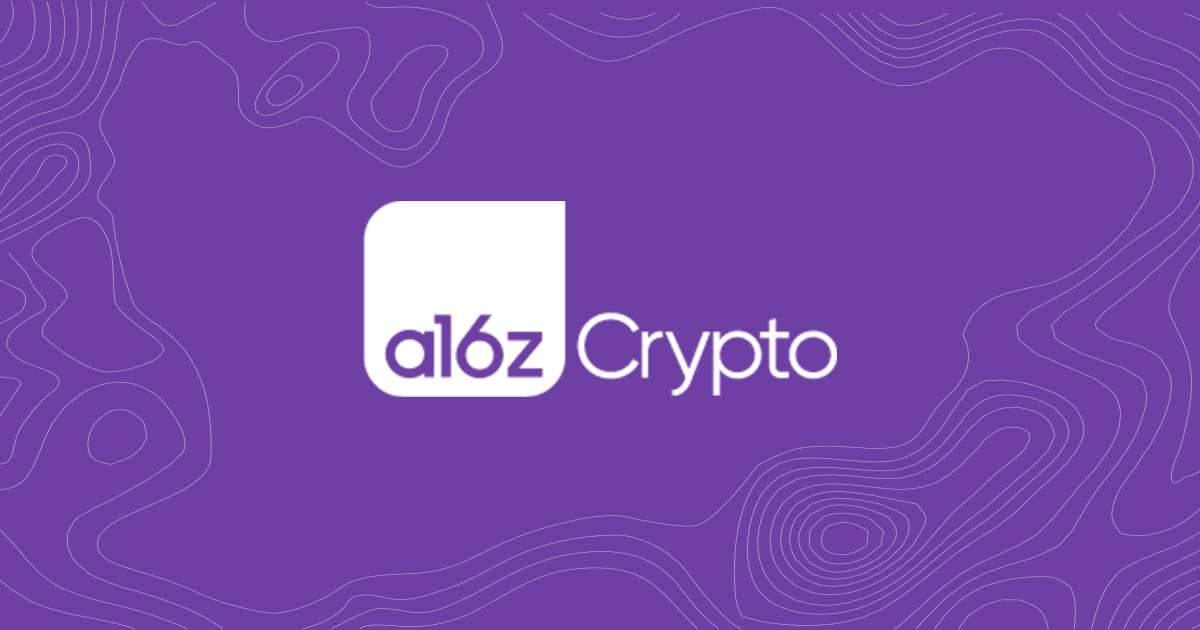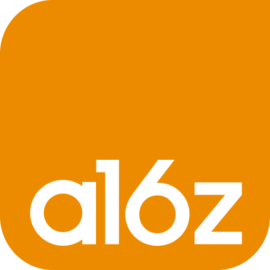Decentralized ID
You're born, you exist, you are assigned an identification number (or maybe not). You are provided an easily misplaced government issued ID produced on a destructible physical medium. Our digital and physical worlds could not be more distant.

Antiquated Adolescence
To say that our current system of physical identification is out of date would be an understatement. How many of you have lost your government issued ID? How many of you are restricted in opportunity due to the physical origin of your identification?
It begins at birth - your government, your location, your limitations. Quickly followed by medical history, educational history, non-academic activities, employment, financial status, local reputation, relationship status, and countless further metadata that models your physical existence.
I'm not here today to deep dive into the restrictions of our physical world, rather I'm here to illuminate the benefits of a personal transferable identity in our digital world.
Where are we now?
Fortunately for us all we currently sit at the intersection of a completely new web.
What is Decentralized ID?
Decentralized ID is when all computers, smartphones, and clouds are equal end nodes, and our digital identities are user first - then peer-to-peer.
Web2 is where we are today: Lacking a layer of trust, limited to legacy identification restraints from our physical world, controlled by a powerful few, and subject to user behavior modification.
Enter Crypto
After many years of development we are beginning to realize the benefits blockchain technology provides to bridging the gap between our physical and digital worlds. We finally have the tools required to build a robust and authentic identity solution that will spawn additional systems and richer interactions.
Necessary Requirements
On a web constructed with user empowerment at its core data plays a vital role in incentivizing adoption. From writer to graphic designer, or musician to influencer, we each generate monumental amounts of data every day that currently exists to benefit a select few. What if our data was actually ours?
To achieve this new reality where power and money flows to the edges we must first create a foundation with distinct criteria:
1) User-Centric
Self-sovereign IDs are a new-age trust framework of universally unique identifiers (UUID) that are cryptographically verifiable and don’t need a centralized registration authority. They can be used to identify persons, abstract entities, organizations, data models and Internet of Things (IoT) devices.
2) Decentralized Origin

The foundation of decentralized identifiers (DIDs) is to give back control of identity to internet users and empower them to generate unique identifiers using the systems they trust. By enabling authentication of these identifiers with cryptographic proofs such as digital signatures, both individuals and organizations can benefit from seamless, secure and private data exchange leveraging blockchain’s distributed ledger technology (DLT).
3) User Experience
Compared to the ease and familiarity of our current centralized system we have a long way to go before decentralized applications can compete with legacy norms. However, ongoing engineering strides and rapid inflows of talent are advancing the timeline at which such a reality will be achieved.
Where do we go from here?
We keep building.
In a year where Non-fungible tokens (NFTs) and Decentralized Finance (DeFi) took center stage we've also realized an obligation to enhance this emerging metaverse by way of intersecting the physical and digital worlds.
A Better Way to be Online
Identity is not everything, but it is a starting point.
At Tuum Technologies the mission is simple: Make Verifiable Data Easy to Use.
With the knowledge that an expansive web requires a strong identity foundation, and understanding of the requirements mentioned above, the engineering team at Tuum Technologies is underway building.
Smart Cities
What happens when all the data produced inside your home is deemed personal property (smart meters to streaming devices)?
— Donald Bullers (@DonaldBullers) June 24, 2021
"The current infrastructure isn’t built to handle this transition. We must re-build from the ground up putting users first" - @TuumTech pic.twitter.com/x5twliK2Gy
In such a fast paced world more often than not we fail to stop and realize our time spent interacting with technology. Did you know that by simply having your phone on you are generating data? From smart appliances and energy meters to your smart phone and television you produce highly sought after data that is completely controlled by someone else.
It's inevitable that society reaches a crossroads where your data is deemed personal property and the infrastructure must be ready to handle such a transition. Thanks to the emergence of crypto, the only feasible solution is pairing your data with a permissionless, user-centric, and decentralized identity source such as the DID.
Financial Backing
It's difficult to make predictions, especially in regards to the future, but with strong backing this area of technology has a fighting chance. Financial incentives are not the end-all-be-all to successful adoption of this technology. However, strong support is emerging from established institutions such as the newly announced a16z crypto fund III:
We believe that the next wave of computing innovation will be driven by crypto. We are radically optimistic about crypto’s potential to restore trust and enable new kinds of governance where communities collectively make important decisions about how networks evolve, what behaviors are permitted, and how economic benefits are distributed.

Crypto is not only the future of finance but, as with the internet in the early days, is poised to transform all aspects of our lives.
From physical to digital lets transform together.

